Introduction to Exclusive Procurement Agreements
An exclusive procurement agreement is a legally binding contract between two parties, typically a buyer and a supplier, where the buyer agrees to purchase goods or services exclusively from the supplier for a specified period. These agreements are commonly used in business transactions to ensure a stable supply chain, foster long-term relationships, and provide mutual benefits to both parties involved. In this article, we will delve into the key aspects of exclusive procurement agreements, their benefits, and the considerations that should be taken into account when drafting such a contract.
Key Components of an Exclusive Procurement Agreement
An effective exclusive procurement agreement should encompass several critical components to ensure clarity and enforceability. Here are the main elements that should be included: 1. **Identification of Parties**: Clearly define the identities of the buyer and the supplier, including their legal names, contact information, and registered addresses. 2. **Description of Goods or Services**: Provide a detailed description of the goods or services to be procured, including specifications, quality standards, and any applicable technical requirements. 3. **Duration of Agreement**: Specify the length of time the agreement will be in effect. This may include an initial term with options for renewal or termination. 4. **Quantities and Pricing**: Outline the quantities of goods or services to be procured and the agreed-upon pricing structure, including any discounts, payment terms, and potential adjustments for inflation or changes in market conditions. 5. **Delivery Terms**: Define the delivery schedule, including the frequency of deliveries, delivery locations, and any penalties for late deliveries. 6. **Intellectual Property Rights**: Address the ownership and use of any intellectual property rights related to the goods or services, including trademarks, patents, and copyrights. 7. **Confidentiality and Non-Compete Clauses**: Include clauses that protect sensitive business information and restrict the supplier from engaging in competing activities during the term of the agreement. 8. **Force Majeure**: Provide provisions for unforeseen circumstances that may prevent either party from fulfilling their obligations under the agreement. 9. **Dispute Resolution**: Establish a mechanism for resolving any disputes that may arise, such as mediation, arbitration, or litigation. 10. **Termination and Renewal**: Define the conditions under which the agreement may be terminated or renewed, including notice requirements and any penalties for early termination.
Benefits of Exclusive Procurement Agreements
Exclusive procurement agreements offer several advantages to both buyers and suppliers: 1. **Price Stability**: By committing to a long-term relationship, both parties can negotiate more favorable pricing terms, which can help to stabilize costs for the buyer. 2. **Supply Chain Reliability**: An exclusive agreement ensures a steady supply of goods or services, reducing the risk of stockouts or disruptions. 3. **Enhanced Productivity**: Suppliers who have an exclusive contract can invest in improving their operations, knowing they have a guaranteed market for their products or services. 4. **Innovation and Development**: Suppliers may be incentivized to innovate and develop new products or services to meet the exclusive buyer's needs. 5. **Risk Sharing**: By sharing the risks and rewards of the agreement, both parties can work together to manage potential challenges more effectively.
Considerations for Drafting an Exclusive Procurement Agreement
When drafting an exclusive procurement agreement, it is crucial to consider the following factors: 1. **Legal Compliance**: Ensure that the agreement complies with all applicable laws and regulations, including antitrust and competition laws. 2. **Flexibility**: While exclusivity can be beneficial, it's important to maintain flexibility to adapt to changing market conditions and business needs. 3. **Performance Metrics**: Establish clear performance metrics to measure the supplier's compliance with the agreement, including quality, delivery, and service level agreements. 4. **Renewal and Exit Strategies**: Include provisions that allow for the agreement to be renewed or terminated based on performance or other factors. 5. **Negotiation**: Engage in thorough negotiations with the supplier to ensure that the agreement reflects the mutual interests and expectations of both parties. 6. **Legal Review**: Have the agreement reviewed by a legal professional to ensure its enforceability and to avoid potential pitfalls. In conclusion, an exclusive procurement agreement can be a powerful tool for businesses looking to establish stable, mutually beneficial relationships with their suppliers. By carefully drafting and considering the key components and considerations, companies can create a robust agreement that supports their strategic objectives and enhances their competitive edge.

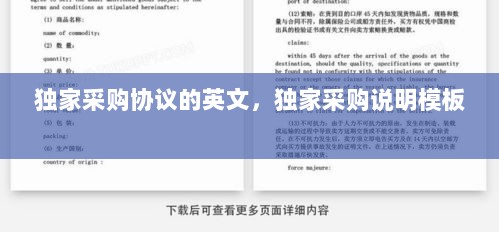




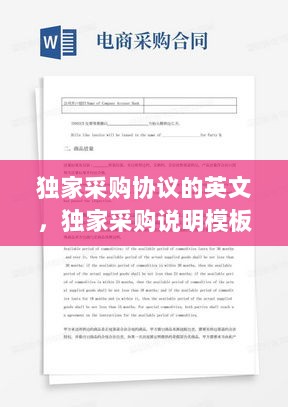

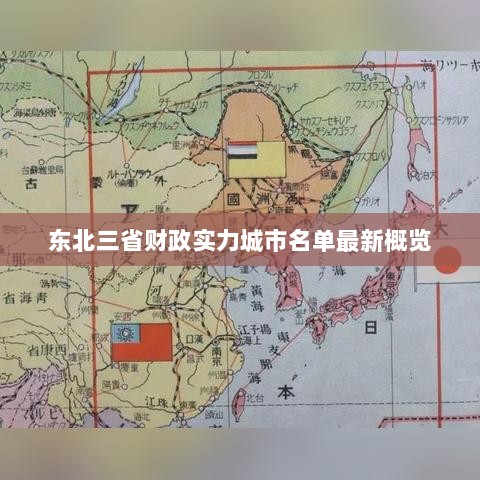

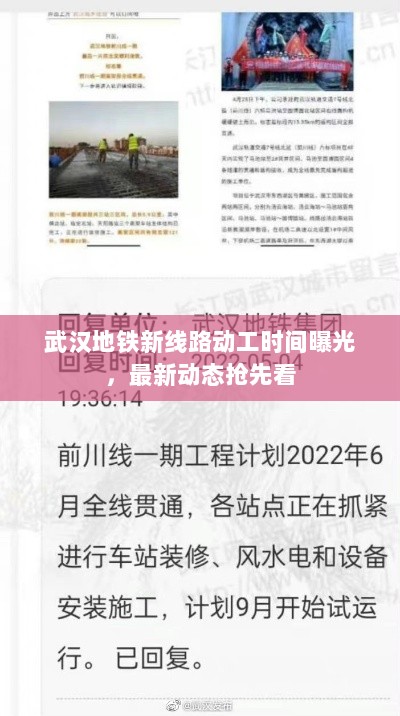
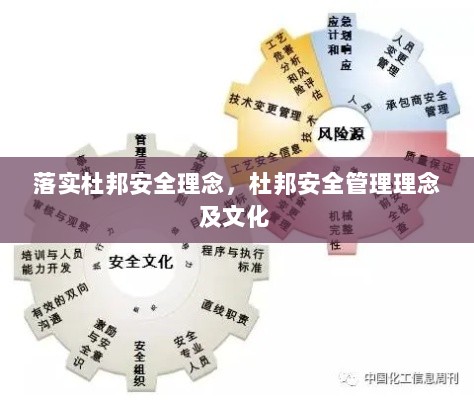



 京ICP备11000001号
京ICP备11000001号
还没有评论,来说两句吧...